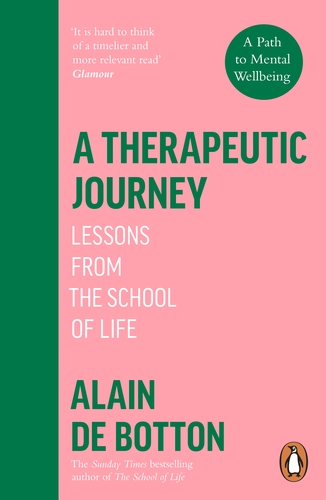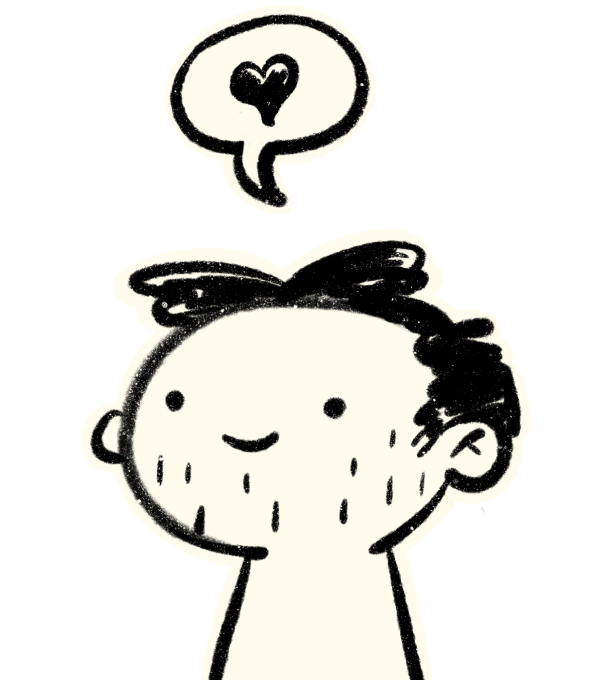
A Therapeutic Journey is a special book. I loved it.
It’s not an easy read. The language often leans more toward beautiful than beautifully simple. The content isn’t easy to swallow either. De Botton doesn’t try to sugarcoat his truths. Just take a look at this quote:
It is, in the end, less devastating to deem ourselves ungrateful and awful than to imagine that we were brought up by small-minded mediocrities who were too ill or troubled to care.
The whole book is full of powerful insights like this. If that weren’t enough, De Botton combines these psychological observations with a very interesting perspective on how appreciating art makes life worth living, complete with depictions of the pieces he’s referencing.
His definition of art is the best I’ve ever read:
Art ist a weapon against despair. It is a tool with which to alleviate a sense of crushing isolation and uniqueness. It provides common ground where the sadness in me can, with dignity and intelligence, meet the sadness in you.
I could quote hundreds of passages from A Therapeutic Journey. Instead, you should just read it yourself. It’s worth it.
Here are a few more, though:
We should strive to become thinkers who can acknowledge when they are no longer able to think.
While praising lives of outsized accomplishment, our era has thrown a shadow over the ordinary lives that most of us will by necessity continue to lead. The norm has ceased to be enough. We cannot be average without at the same time having to think of ourselves as being what our age resents above all else: losers.
It is tempting to believe that those for whom love works out have been granted a form of divine favour. But we cannot build a decent life on the hope of randomly distributed heavenly munificence.
Defensiveness is almost invariably founded on an intimate history that no defensive person consciously chose and that, compassionately recounted, might move us to tears.
Once we have learned to draw value from inexpensive things, we can never be poor, whatever our ostensible level of wealth, and we can never be bored, however quiet things might have become.
We spend a good deal of our time fearing, as if it were a momentous calamity that we did not even dare contemplate in daylight, that we might be idiots and holding back from a host of important aspirations and ambitions as a result. We should shake ourselves free from such inhibitions by loosening our hold on any remaining sense of dignity and by accepting frankly that we are by nature completely idiotic, great sacks of foolishness that cry in the night, bump into doors, fart in the bath and kiss people's noses by mistake - but that far from being shameful and isolating, this idiocy is in fact a basic feature of our nature that unites us immediately with everyone else on the planet. We are idiots now, we were idiots then and we will be idiots again in the future. There is no other option for a human.


